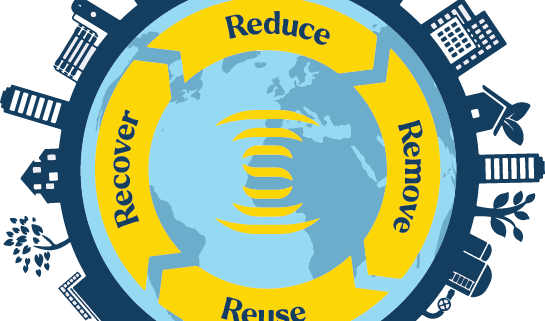Black Water Reuse: Pioneering Sustainable Solutions for a Water-Scarce World
In the quest for sustainable water management, innovative approaches are essential to address the pressing challenges of water scarcity and pollution. Among these approaches, black water reuse stands out as a pioneering solution with the potential to revolutionize how we manage wastewater. In this blog, we delve into the concept of black water reuse, its benefits, challenges, and its role in creating a more sustainable future.
Understanding Black Water Reuse
Black water refers to wastewater generated from toilets, kitchen sinks, and dishwashers, containing organic matter and pathogens. Traditionally, black water is treated in centralized wastewater treatment plants before being discharged into water bodies. However, this process consumes significant energy and resources, and the treated water is typically not reused due to concerns about its quality.
Black water reuse involves treating and purifying wastewater from toilets and other sources to a level suitable for non-potable applications such as landscape irrigation, toilet flushing, and industrial processes. Advanced treatment technologies, including membrane filtration, ultraviolet disinfection, and biological processes, are employed to remove contaminants and pathogens, producing high-quality reclaimed water.
Benefits of Black Water Reuse
Water Conservation
Black water reuse conserves freshwater resources by reducing the demand for potable water. Instead of using drinking water for non-potable purposes like irrigation and flushing toilets, reclaimed black water can fulfill these needs, alleviating pressure on strained water supplies.
Nutrient Recovery
Black water contains valuable nutrients such as nitrogen and phosphorus, which can be recovered and reused as fertilizer in agriculture or landscaping. By capturing and recycling these nutrients, black water reuse closes the loop in nutrient management, reducing reliance on synthetic fertilizers and minimizing nutrient pollution in water bodies.
Energy Savings
Traditional wastewater treatment consumes significant energy for pumping, aeration, and treatment processes. By decentralizing treatment through on-site or community-scale black water reuse systems, energy consumption can be reduced, leading to lower carbon emissions and operational costs.
Challenges and Considerations
Regulatory Framework
Implementing black water reuse systems requires navigating complex regulatory frameworks governing water quality and reuse. Regulatory agencies may have stringent requirements for water treatment and quality standards, posing challenges for widespread adoption of black water reuse technologies.
Public Perception
Overcoming public perception and acceptance barriers is crucial for the success of black water reuse initiatives. Despite technological advancements ensuring the safety and quality of reclaimed water, concerns about health risks and stigma associated with wastewater reuse persist among stakeholders.
Infrastructure and Investment
Deploying black water reuse infrastructure entails significant upfront investment in treatment technologies, distribution systems, and monitoring equipment. Securing funding and garnering support from stakeholders, including government agencies, utilities, and communities, is essential to overcome financial barriers and scale up adoption.
Conclusion: Embracing Innovation for a Sustainable Future
Black water reuse represents a paradigm shift in wastewater management, offering a sustainable alternative to conventional treatment and disposal practices. By harnessing advanced technologies and fostering collaboration among policymakers, industry stakeholders, and the public, we can overcome challenges and realize the full potential of black water reuse to conserve water, recover valuable resources, and mitigate environmental impacts.
As we confront the urgent challenges of water scarcity and pollution, embracing innovation and adopting holistic approaches to water management are imperative. Black water reuse exemplifies the transformative power of technology and collaboration in shaping a more sustainable and resilient future for generations to come. Let us seize the opportunity to harness the potential of black water reuse and pave the way towards a water-secure world.

